
Social Anxiety and Childhood
Statistics show that 40% of social phobias take place during a person's childhood. This means that a lot of children are faced with social phobias at a very early age. What is more, until the age of 20, we are likely to have developed 95% of all possible social phobias. Some people are capable of coping with these social fears, while others are not and are likely to suffer greatly due to the presence of social anxiety in their lives. When social anxiety starts influencing your childhood, you need professional help through therapy or parental assistance since a child is not capable of dealing with such problems. Moreover, when left untreated, children with social anxiety or overwhelming shyness, as they are often misdiagnosed, can develop many behavioral problems like alcoholism and drug abuse, along with suicidal tendencies.
How To Notice Social Anxiety in Your Child?
In order to treat social anxiety in children, one needs to diagnose it first. This you can do through observation of child's behavioral patterns. Namely, child with such social problems will often cry, have fits where he/she is likely to throw things around or cling to something without moving or talking.
These children will avoid eye contact quite often and hardly speak at all, except when asked to. When they do speak, they usually do it silently and barely comprehensible. They will frequently try to avoid school claiming that they are sick or that they do not feel well. As far as school is concerned, they will be excessively anxious before exams or any cases where they are supposed to be placed in the center of attention like oral presentations etc. Moreover, they will try to avoid these activities as much as possible. Addiction to computer games and alternate reality is quite a common refuge for children suffering from social anxiety. Finally, when playing, they desire to play alone, regardless if they are on the playground or in their own room.
How To Help a Socially Anxious Child?
Teachers can help a lot in this area since they spend a lot of time with these children and have the means of modifying their behavior. Since these children are not motivated enough to speak, teachers should provide them with a safe environment for self-expression. If a socially anxious child is supposed to have an oral presentation, the teacher can protect him/her by disciplining others by reducing their grades in case they interrupt the child talking. Also, by making the child with social anxiety their helper and assistant, teachers can improve the child's social skills and make him/her more open and communicative. Additionally, friendship and support are to be motivated as much as possible since once the child feels acceptance he/she will be far less anxious.



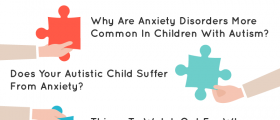




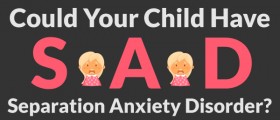
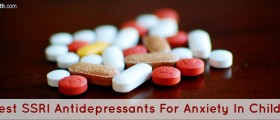

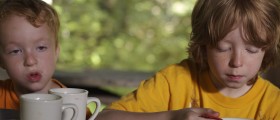
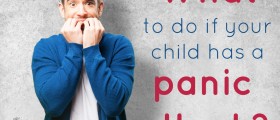




Your thoughts on this
Loading...